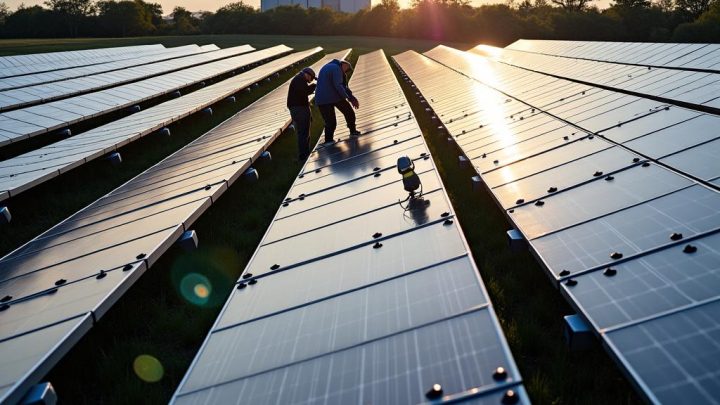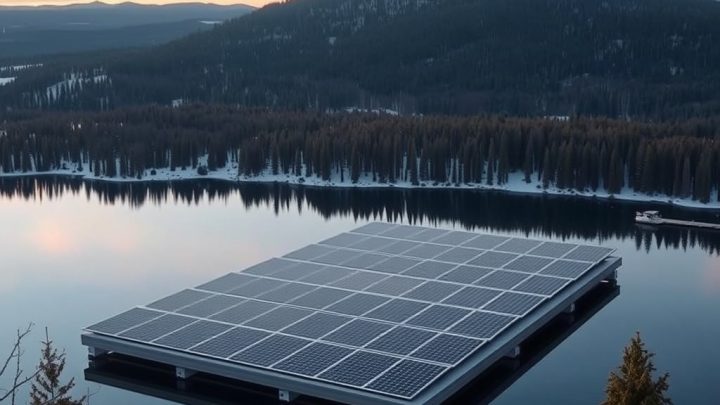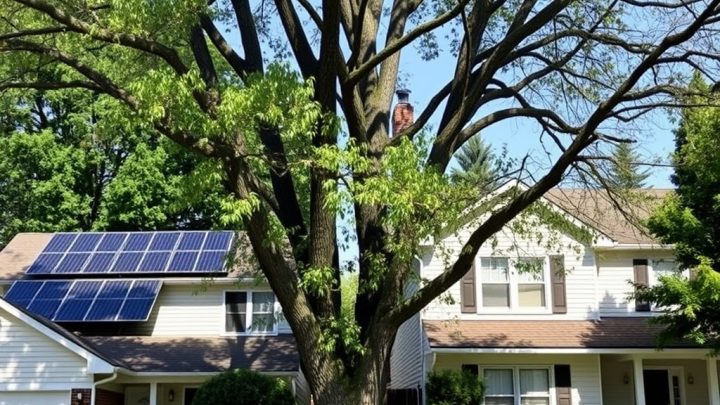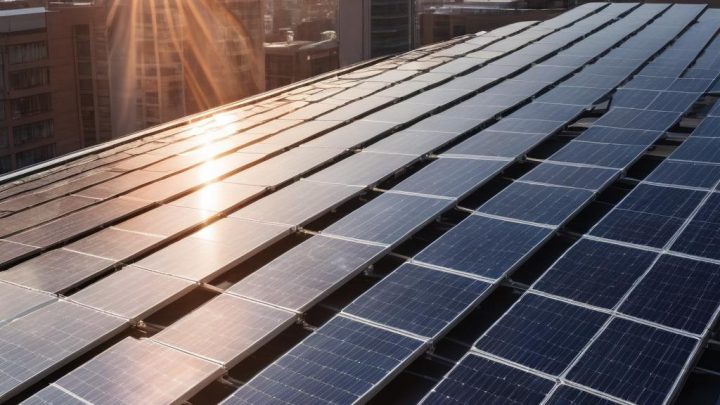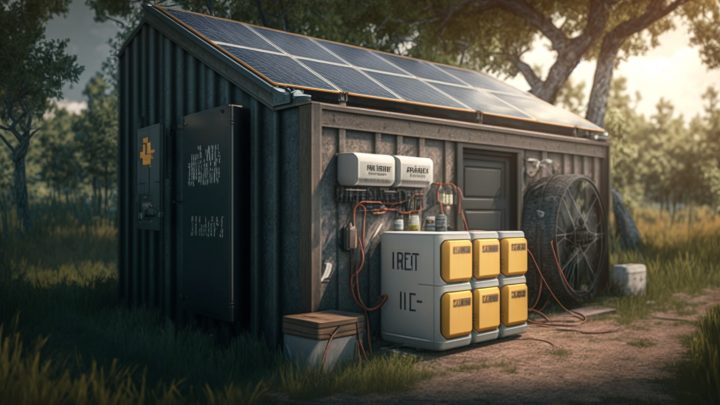Smart homes – smartphone control
Software and hardware solutions for smart buildings and internet of things
Category: Solar energy
March 21, 2025
3
Meta invests 12 gw in solar energy
January 15, 2025
The future of hydrogen production and storage with PV energy
November 14, 2024
PV smashed in Scotland during Cricket game
October 24, 2024
Is off-grid the future of how home electricity?
September 28, 2024
Breakthrough interface boosts solar cells efficiency
September 18, 2024
Homeowners’ rights when neighbor’s trees block solar panels
September 16, 2024
How air temperature affects solar panels efficiency
August 26, 2024
Optimal orientation of solar panels – angle calculations
March 19, 2024
Off-grid vs grid-tied solar system
March 14, 2023


